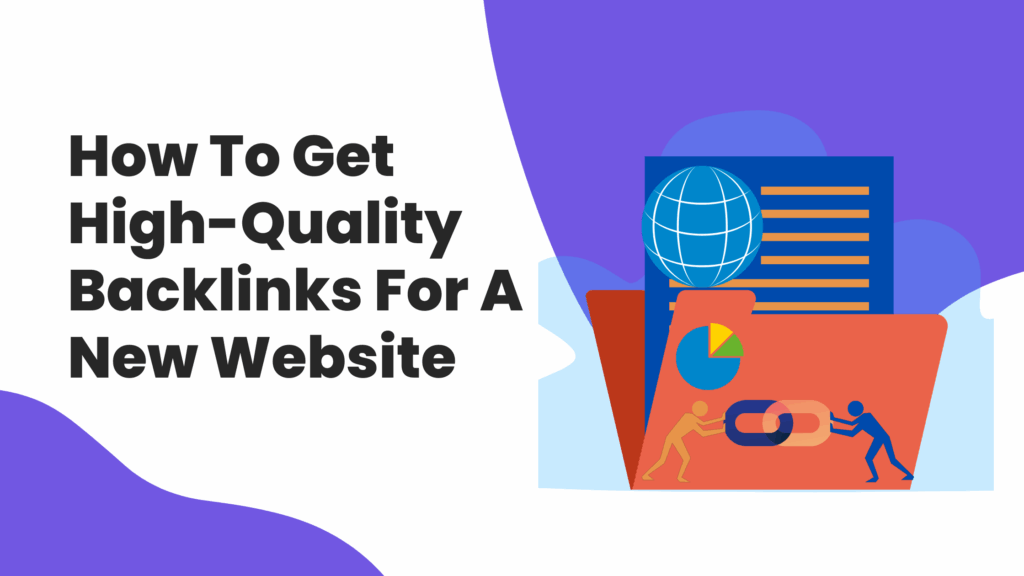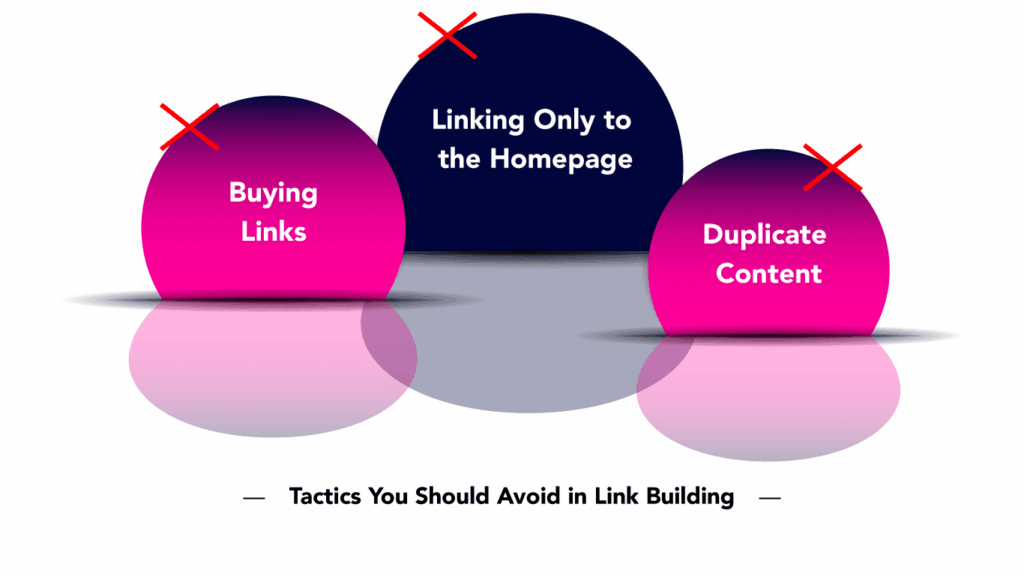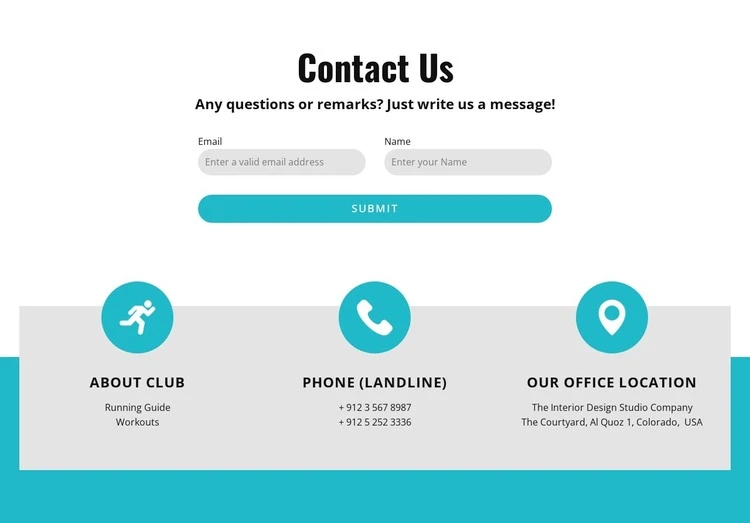How to Build High-Quality Backlinks to Boost SEO Rankings
High-quality backlinks remain one of the strongest ranking factors in SEO. They signal trust, relevance, and authority, helping search engines determine a website’s credibility. However, not all backlinks are valuable. A link from a well-established, relevant website can significantly impact rankings, while low-quality or spammy links can do more harm than good.

The key to effective link-building lies in obtaining backlinks that are natural, contextually relevant, and placed within authoritative content. This requires strategic outreach, valuable content, and ethical SEO practices.
How to Identify High-Quality Backlinks
A high-quality backlink comes from an authoritative website with strong domain metrics, such as high Domain Authority (DA), Page Authority (PA), and Trust Flow. The link should be relevant to your niche, appear naturally within the content, and carry the “dofollow” attribute.
Context matters significantly. A backlink from a well-known industry blog or a major news outlet carries more weight than one from a random, unrelated site. The anchor text should also be natural and descriptive rather than over-optimized.
Low-quality backlinks, such as those from spammy websites, private blog networks (PBNs), or link farms, can harm SEO efforts and even lead to Google penalties.
How to Earn High-Quality Backlinks
Building high-quality backlinks requires a strategic approach that prioritizes relevance, authority, and natural link placement. Search engines favor backlinks that come from trusted sources, making it essential to focus on ethical, white-hat methods. A well-planned strategy ensures long-term SEO benefits without the risk of penalties.
To achieve this, several proven techniques can help websites gain authoritative and contextually relevant links. Below are some of the most effective ways to secure backlinks from reputable sources:
Create Valuable, Link-Worthy Content
High-quality content naturally attracts backlinks. When a website publishes unique research, case studies, or in-depth guides, other sites reference them as authoritative sources. Original data and expert insights significantly increase the likelihood of earning organic links.
Well-structured pillar content, such as comprehensive guides, in-depth how-to articles, or statistical reports, often becomes reference points for bloggers, journalists, and industry professionals.
Leverage Guest Posting on Reputable Websites
Guest posting remains one of the most effective ways to build backlinks when done correctly. Writing for established websites in your industry provides valuable exposure while earning contextual backlinks. The key to successful guest posting is choosing high-authority websites and offering well-researched, unique content.
A well-placed do-follow backlink within the content or author bio passes link equity and strengthens domain authority. However, guest posting should be strategic and selective, contributing to low-quality blogs that accept any submission can result in little to no SEO value.
Use HARO for Backlinks from News Sites
Help a Reporter Out (HARO) connects journalists with expert sources, providing a great opportunity to earn backlinks from high-authority media websites. By responding to journalist queries with valuable insights, data, or expert opinions, website owners can land natural backlinks from news outlets, blogs, and industry magazines.
Backlinks from sites like Forbes, Business Insider, or The New York Times hold significant SEO value and boost website credibility. Consistently providing thoughtful, well-structured responses increases the chances of getting featured.
Perform Broken Link Building
Websites often have broken outbound links that lead to non-existent pages. Broken link building involves finding these dead links and reaching out to website owners to suggest replacing them with a link to a relevant, high-quality resource.
This approach benefits both parties, the website owner improves user experience by fixing broken links, and in return, you gain a contextual backlink. SEO tools like Ahrefs and Check My Links help identify broken links on authoritative websites within your niche.
Get Listed on Authoritative Resource Pages
Many industry websites maintain resource pages that list useful tools, guides, and references. Getting your content included in highly curated, authoritative resource lists is an effective way to acquire relevant backlinks.
For instance, educational institutions, government sites, and niche blogs often maintain such pages. The outreach process involves contacting website owners with a compelling case for why your resource adds value.
Earn Backlinks Through Digital PR and News Features
Press releases, media features, and online interviews generate brand exposure and high-quality backlinks from major publications. Companies with innovative products, expert insights, or industry reports can gain backlinks through:

- Thought leadership articles on news websites and business magazines.
- Participation in industry podcasts, interviews, and roundups.
- Publishing press releases on reputable PR platforms like PRNewswire.
Building relationships with journalists and actively engaging with trending industry discussions improves the chances of earning media mentions.
Analyze Competitor Backlinks and Replicate Their Strategy
Studying competitor backlink profiles reveals opportunities for link building. By using tools like Ahrefs, SEMrush, or Moz, website owners can:
- Identify where competitors are getting backlinks from.
- Discover guest post opportunities and resource pages.
- Reach out to websites linking to competitors and offer better content.
Reverse-engineering successful competitors’ backlink strategies unlocks hidden opportunities for earning authoritative links.
What to Avoid in Link Building
While acquiring backlinks is essential, using black-hat tactics can severely damage search rankings. Buying links to manipulate rankings often leads to penalties from Google. Similarly, comment spam, where irrelevant links are left in blog comments, offers no SEO value and can harm a website’s credibility. Excessive link exchanges may also trigger search engine penalties, as Google views them as an unnatural way of building links.

Another risky strategy is relying on PBNs (Private Blog Networks), artificial link-building systems that can result in sudden ranking drops. To build a strong SEO foundation, it’s best to follow white-hat practices by earning backlinks naturally. Prioritizing quality content, genuine relationships, and ethical outreach ensures sustainable rankings and long-term authority.
Conclusion
High-quality backlinks are the foundation of strong SEO and long-term rankings. Earning them requires a proactive approach, creating valuable content, leveraging authoritative guest posts, and using ethical outreach strategies.
Avoid spammy, black-hat tactics that can harm your credibility. By focusing on natural, relevant, and authoritative links, you build a trustworthy backlink profile that boosts rankings, drives organic traffic, and solidifies your website’s authority.





